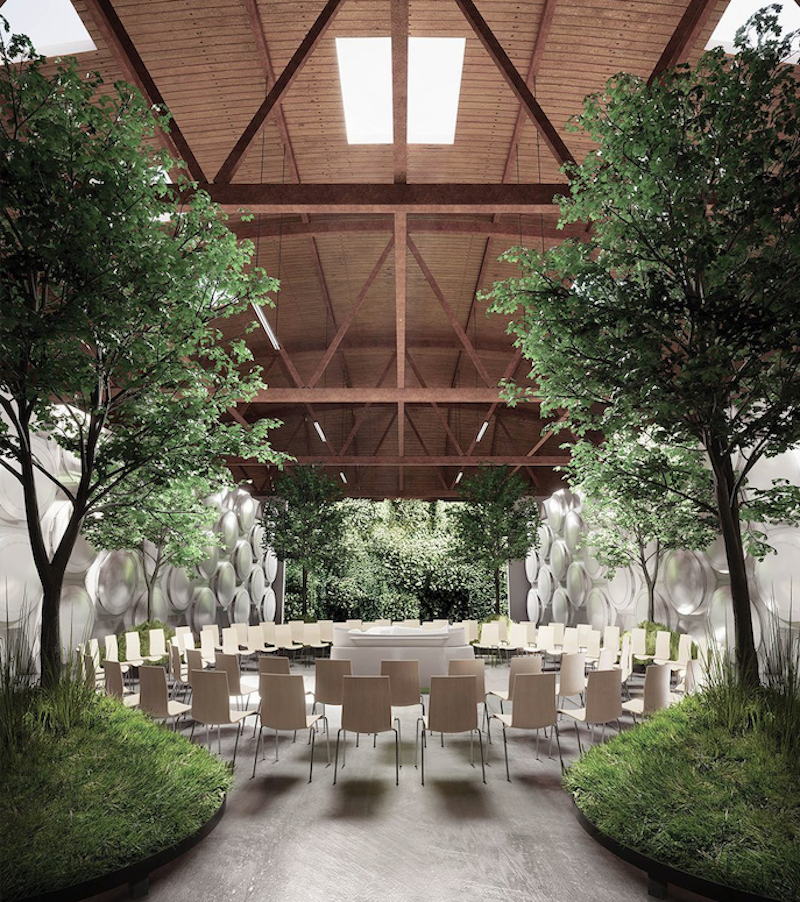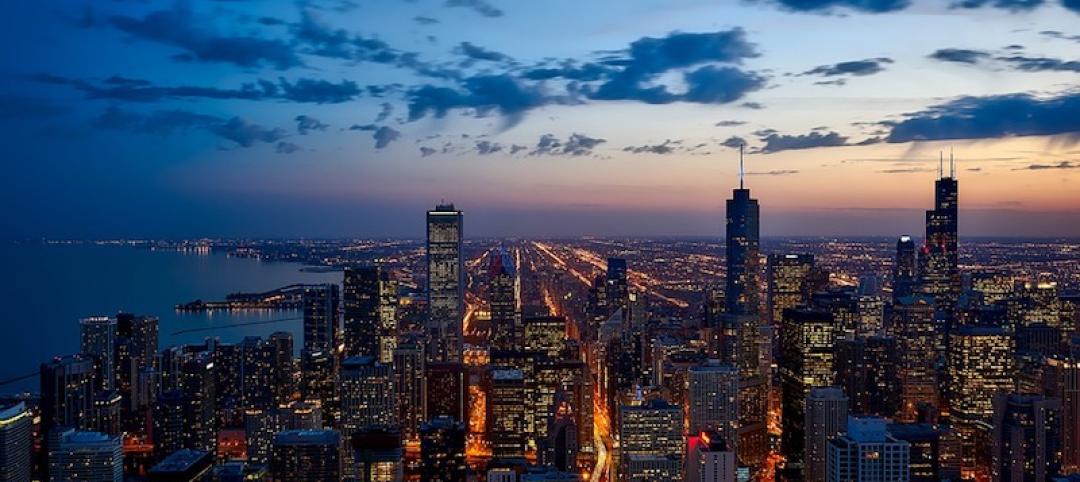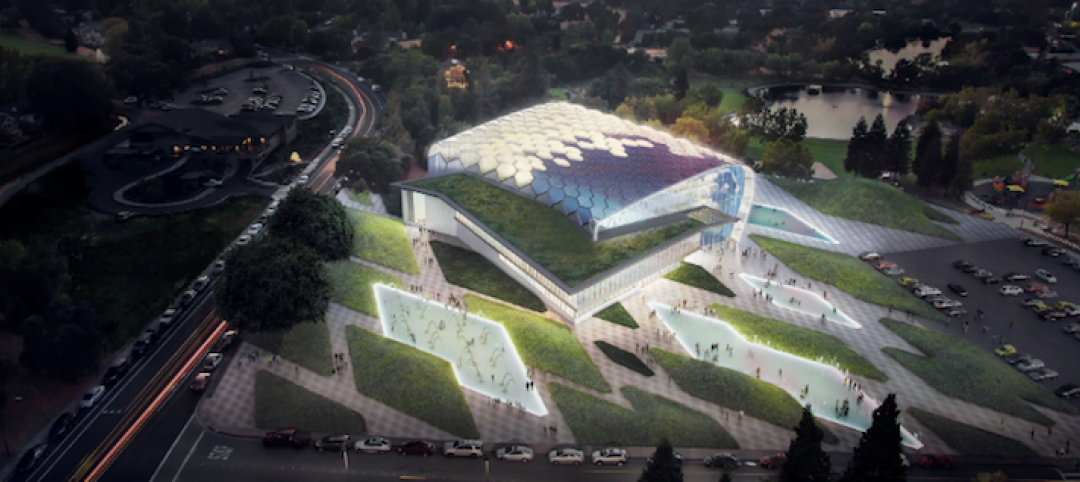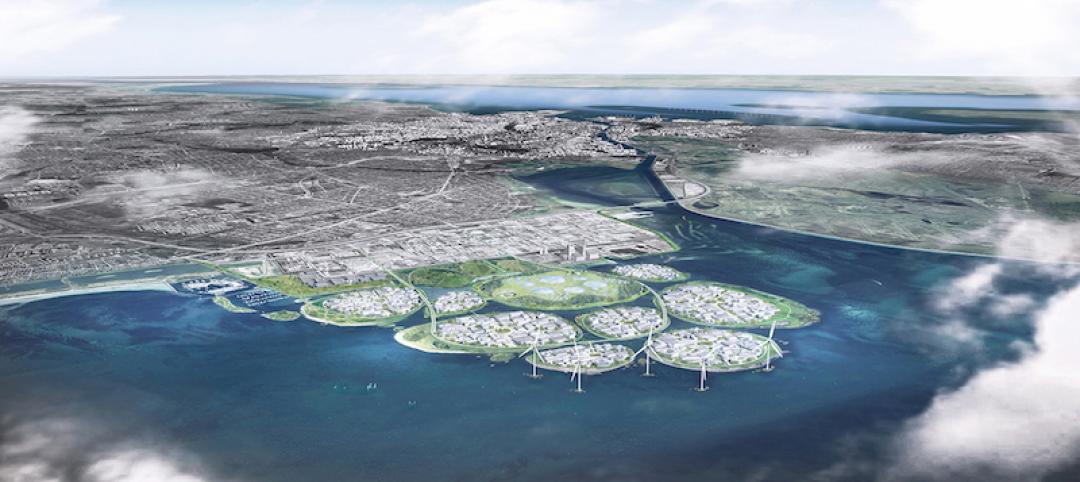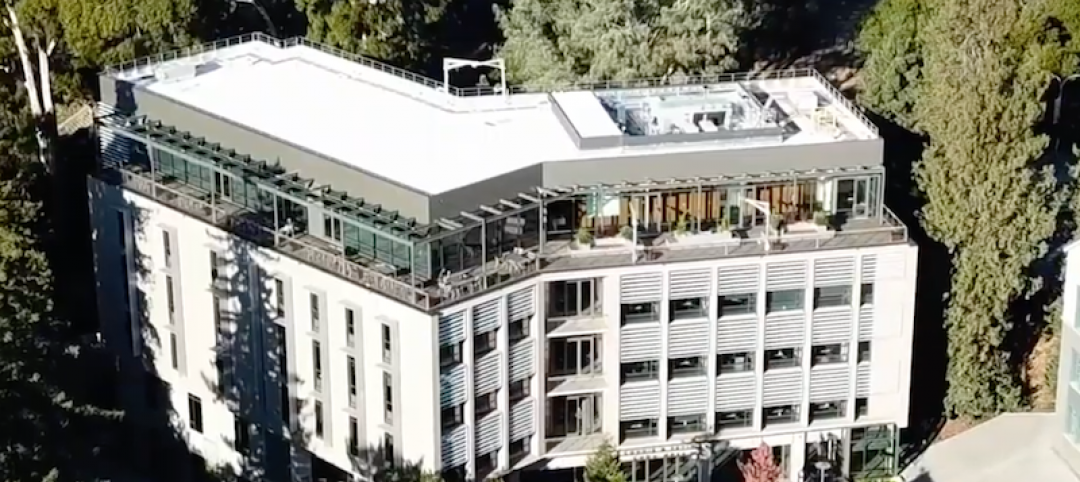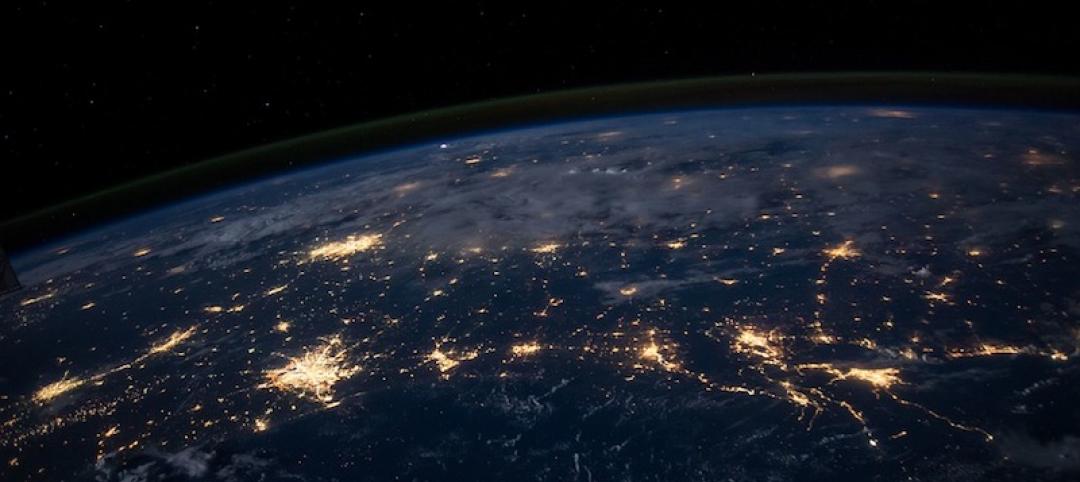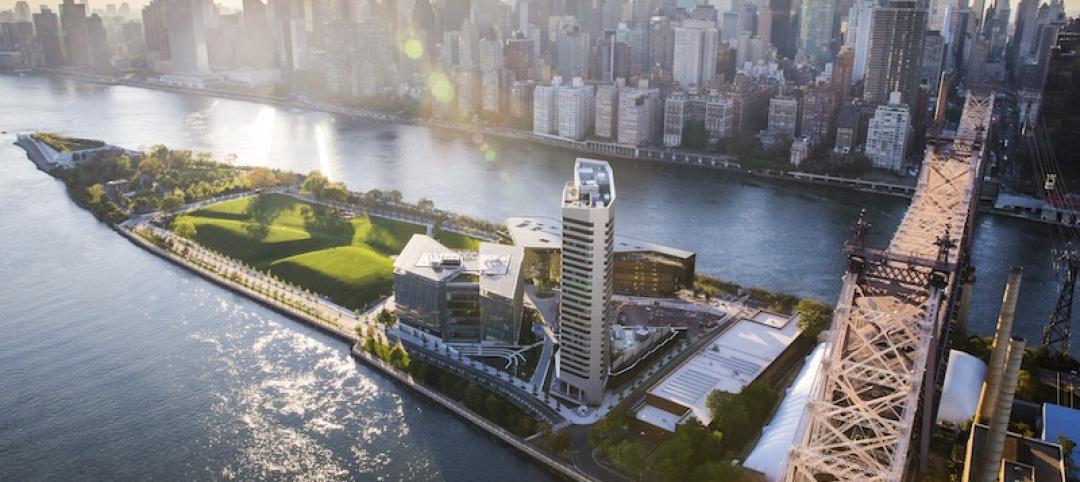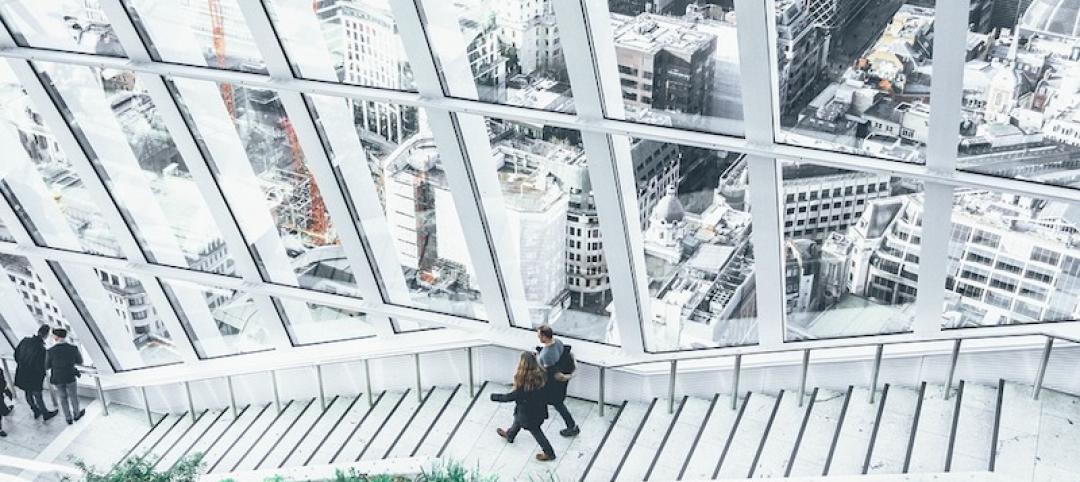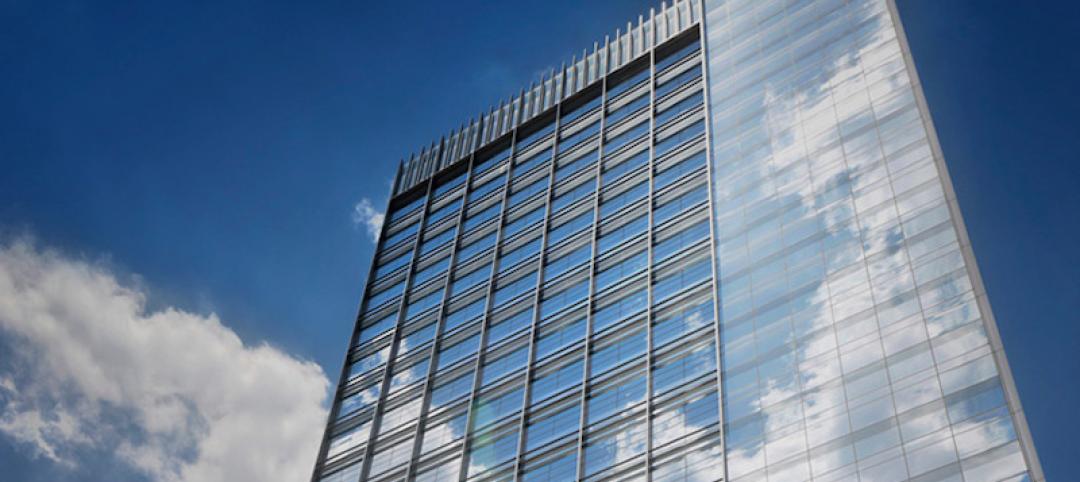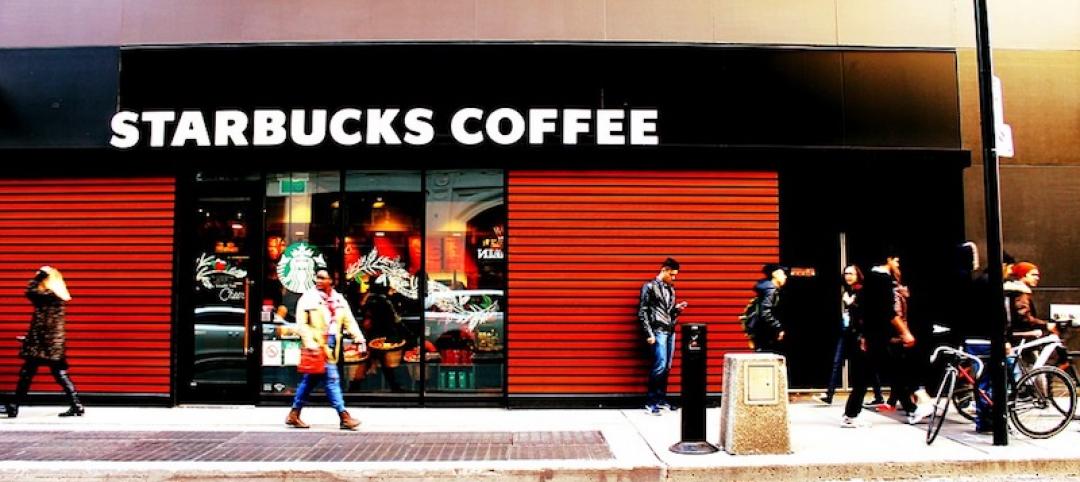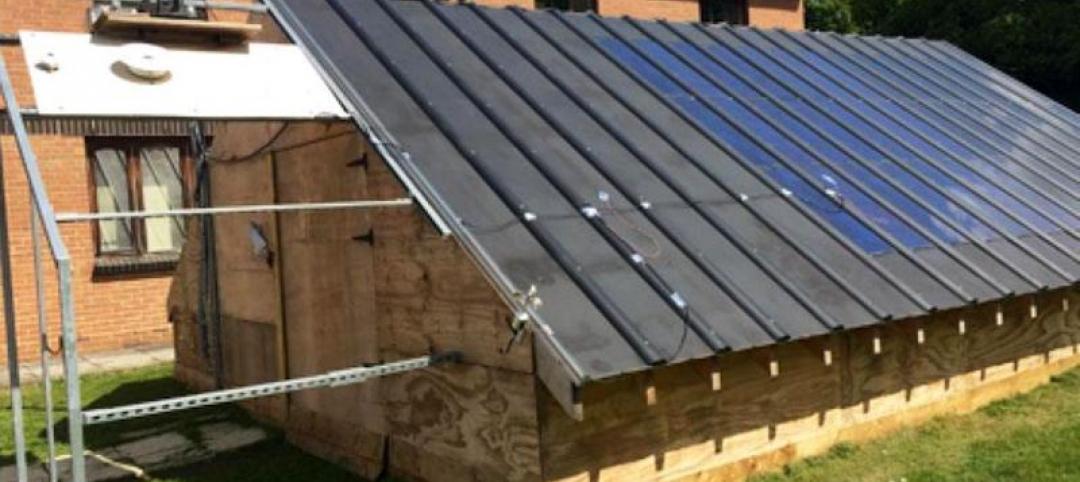Olson Kundig recently unveiled the design of the world’s first facility for “natural organic reduction,” a process that gently converts human remains into soil in about 30 days. The project was designed in partnership with, and for, Recompose, the company that offers this natural organic reduction service.
Dubbed Recompose|SEATTLE, the 18,500-sf facility will be built in Seattle’s SODO neighborhood (Washington became the first in the world to legalize this process for the disposition of human remains in April of this year). This third alternative to traditional burials and cremations uses one-eighth the energy of cremation and saves one metric ton of carbon dioxide per person. About one cubic yard of soil is created per person. Friends and family can take some or all of the soil home to grow a tree or garden, with the rest going to nourish conservation land in the Puget Sound region.
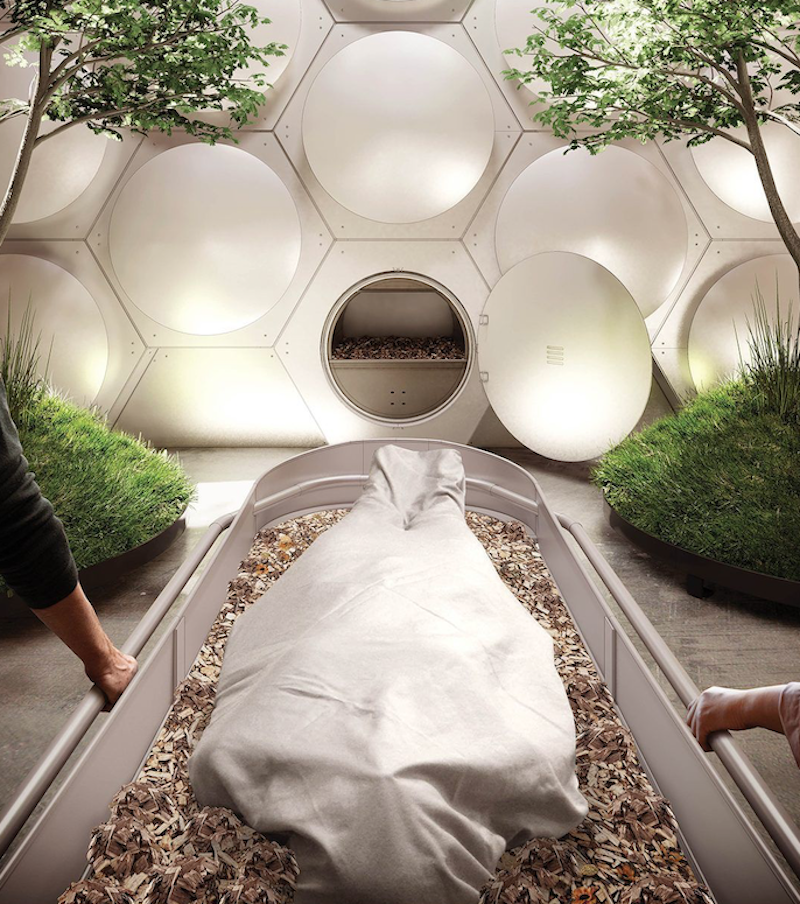
The Recompose process is centered around individual natural organic reduction vessels that transform the human remains into clean, usable soil. About 75 of these vessels will be stacked and arranged via a modular system to create a central gathering space in the core of the facility.
See Also: Kisawa Sanctuary will be a luxury resort 3D printed from sand
While it may sound a bit macabre at first, the facility is designed to be bright and open, with an emphasis on nature, which makes sense, considering nature was the basis for the recomposition process. “We asked ourselves how we could use nature, which has perfected the life-death cycle, as a model for human death care,” said Katriba Spade, Founder and CE, Recompose, in a release. “We saw an opportunity for this profound moment to both give back to the earth and reconnect us with thee natural cycles.”
The facility is slated to open in spring 2021.
Related Stories
Market Data | Feb 4, 2019
U.S. Green Building Council announces annual Top 10 States for LEED Green Building in 2018
Illinois takes the top spot as USGBC defines the next generation of green building with LEED v4.1.
Sustainability | Feb 1, 2019
Designing a net zero aquatic center
Buildings can be designed to cut consumption and operate more efficiently, but the pools always make it difficult to achieve substantial savings.
Sustainability | Jan 30, 2019
Denmark to build nine industrial, energy-producing islands surrounded by a ‘nature belt’
The project will be located 10 km (6.2 miles) south of Copenhagen.
Green | Jan 28, 2019
This is the country’s greenest academic building
Perkins+Will designed the building.
Sustainability | Nov 5, 2018
How the built environment can help the climate crisis
Our buildings and cities will have to experiment with new climate responsive forms, and in many cases, the built environment will require dramatic shifts to achieve true resilience and continue working towards a carbon-neutral society.
Sustainability | Oct 25, 2018
As project delivery models evolve, designers rethink their role
New York City’s newest university campus, Cornell Tech, pushes the limits of sustainable and resilient design.
Green | Oct 17, 2018
USGBC survey suggests employees are happier, healthier, and more productive in LEED green buildings
Can healthier, more sustainable buildings give employers a hiring edge to attract best in class talent?
Sustainability | Oct 3, 2018
Introducing sustainable design early leads to more resilient projects
Many companies are influenced by the misconception that only some projects can qualify as sustainable.
Sustainability | Sep 18, 2018
Starbucks to build 10,000 “Greener Stores” by 2025
The company is teaming with SCS Global Services and World Wildlife Fund to develop the Greener Stores framework.
Sustainability | Sep 13, 2018
Under-development solar panels snap together and turn waste heat into hot water
The project is being developed at Brunel University London.


